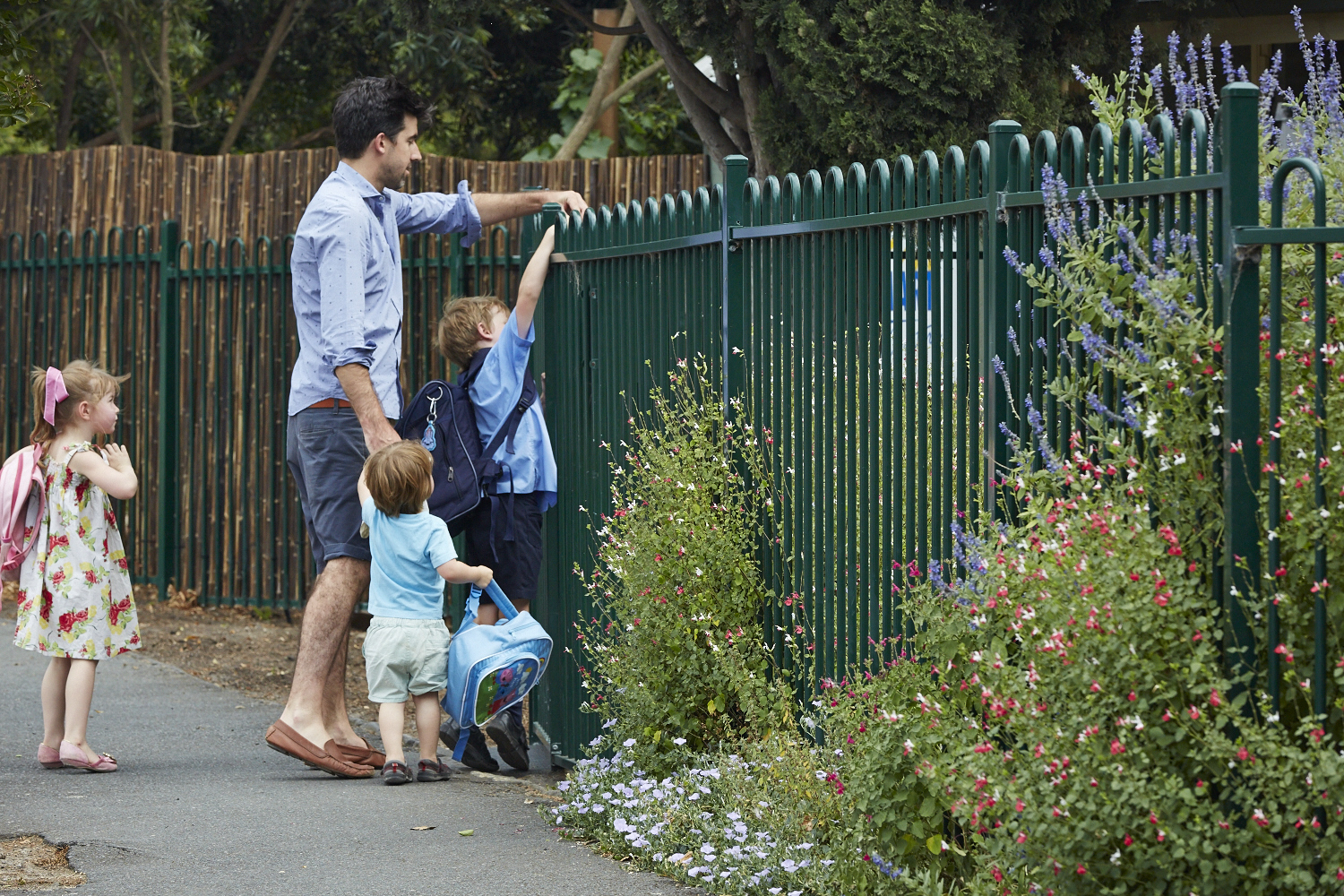When my husband and I had our son, neither of us were prepared. Sure, I’d done my fair share of babysitting and changed a few nappies in my time, and he’d grown up with 5 million cousins and is good at operating on little sleep, but none of that was adequate practice for the parenting gig. And yet, everyone seemed to think that because I’m a woman I would know what to do.
But guess what? I didn’t. I still don’t, really.
You see, women are not born with some magical ability to parent while male DNA is void of it. Parenting is a skill that is learnt and it develops over time with practice. It’s just that it’s us women who usually get more practice.
For every 500 mothers that take paid paternal leave in Australia, there is one father taking it. Sure, a lot of dads take two weeks leave when their babe is born, but it’s the woman who stays home for months learning how to care for the child.
And while this not only affects dads knowledge, ability and confidence in parenting, it also reinforces gendered expectations from the moment the child is born (or two weeks after). Men work, they’re the breadwinners and women manage the family and home life; the unpaid stuff.
Even if mum returns to the workforce, it is usually on a flexible basis to accommodate the family needs. And, by this stage in the child’s life, responsibilities for care are established and ingrained.
Take my husband, for example. He is an extremely competent and loving father, and a real winner at the parenting game, yet just last weekend, after almost 16 months as a father, he put our son down for his afternoon nap without giving him lunch. It wasn’t really an issue because our son is not overly interested in food, but it really surprised me that he didn’t know to give him lunch before his sleep. But then, he’s not here every day; he’s at work. How can I expect him to know the ins and outs when I’ve had so much more practice at parenting than he has.
Why Do Women Get All The Practice?
Alarmingly, in the latest State of Australia’s Fathers report, about half of the fathers interviewed described themselves as ‘helpers’ when it came to the care of their children. But
fathers are not ‘helpers,’ they are primary caregivers with equal responsibilities for the care of their children. And
allowing fathers the time and opportunity to parent is not just important for women’s full participation in the workplace, financial independence and gender equality, but also for the child and the father.
As Mark Zuckerberg, Founder and CEO of Facebook, pointed out when he announced he was taking two months
paternity leave: “When working parents take time to be with their newborns, outcomes are better for the children and families.” Parental leave allows dads the opportunity to get comfortable in the role of caregiver, and the more parents get involved early on, the more they stay involved going forward. It also helps establish equality at home, both professionally and personally.
I understand that in many families, much like my own, financial and occupational pressures, differing entitlements and career journeys means that the divide of care and work can be unevenly split between parents, particularly early on. But there are ways to ensure greater gender equality when it comes to parenting.
Along with more generous paid leave provisions for fathers, we must dismantle the fears and
stigma surrounding men being carers and working flexibly. If it’s okay for a woman to leave the office at four to collect her children from school, or take nine months leave to look after a newborn, or work part-time to accommodate family needs, then it’s okay for men too.
We can never expect men to feel comfortable or equipped to parent after only two weeks with their child — so it’s no surprise that a majority of families end up in a situation where ‘mum knows best’. But she didn’t always, and it’s time we started recognising that men can learn to be just as good a parent as mum, if we let them.
As featured in Huffington Post Australia 



